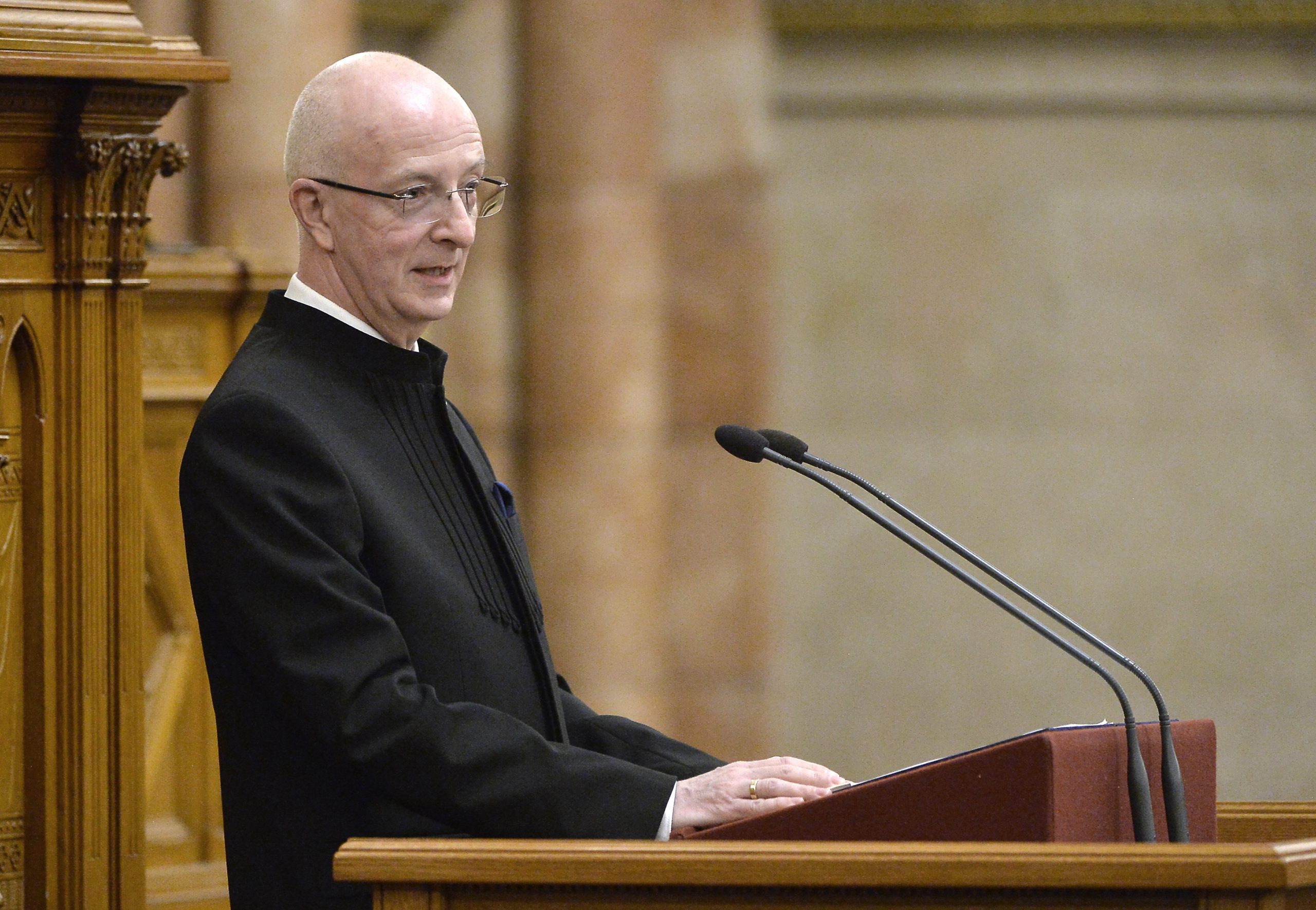
"We identified issues that might be breaching [the rule of law] in Hungary and affect the EU budget," said Vera Jourova, the Vice-President for Values and Transparency.Continue reading

The European Commission’s objections to how judges in Hungary are appointed — raised within the rule-of-law mechanism launched against the country on Wednesday — “is not a rule-of-law issue since it has nothing to do with reality,” Hungary’s top court, the Kúria, said in a statement.
In the Hungarian judiciary, special appointments are issued if a court faces “temporary difficulties” due to unforeseen events or if it cannot provide other solutions to those difficulties, the statement said on Thursday.
Special appointments are always temporary, undertaken only by mutual agreement of the judge and both courts involved, and are often seen as an opportunity for a judge’s professional growth, the statement said.
Over the past few years, an increasing number of such appointments were made largely in connection with the coronavirus pandemic “which affected case-handling times and opportunities to employ new judges”, the court said. As soon as the pandemic allowed, the Kúria set about filling vacant positions and terminating special appointments, it said.
The court insisted that a growing number of applications for positions had prompted “independent” organisations to accuse the Kúria of overseeing a staff shake-up.
The last of the long-term special appointments are expected to be terminated this summer, the statement said.
In the featured photo: Supreme Court head András Zs Varga. Photo by Lajos Soós/MTI